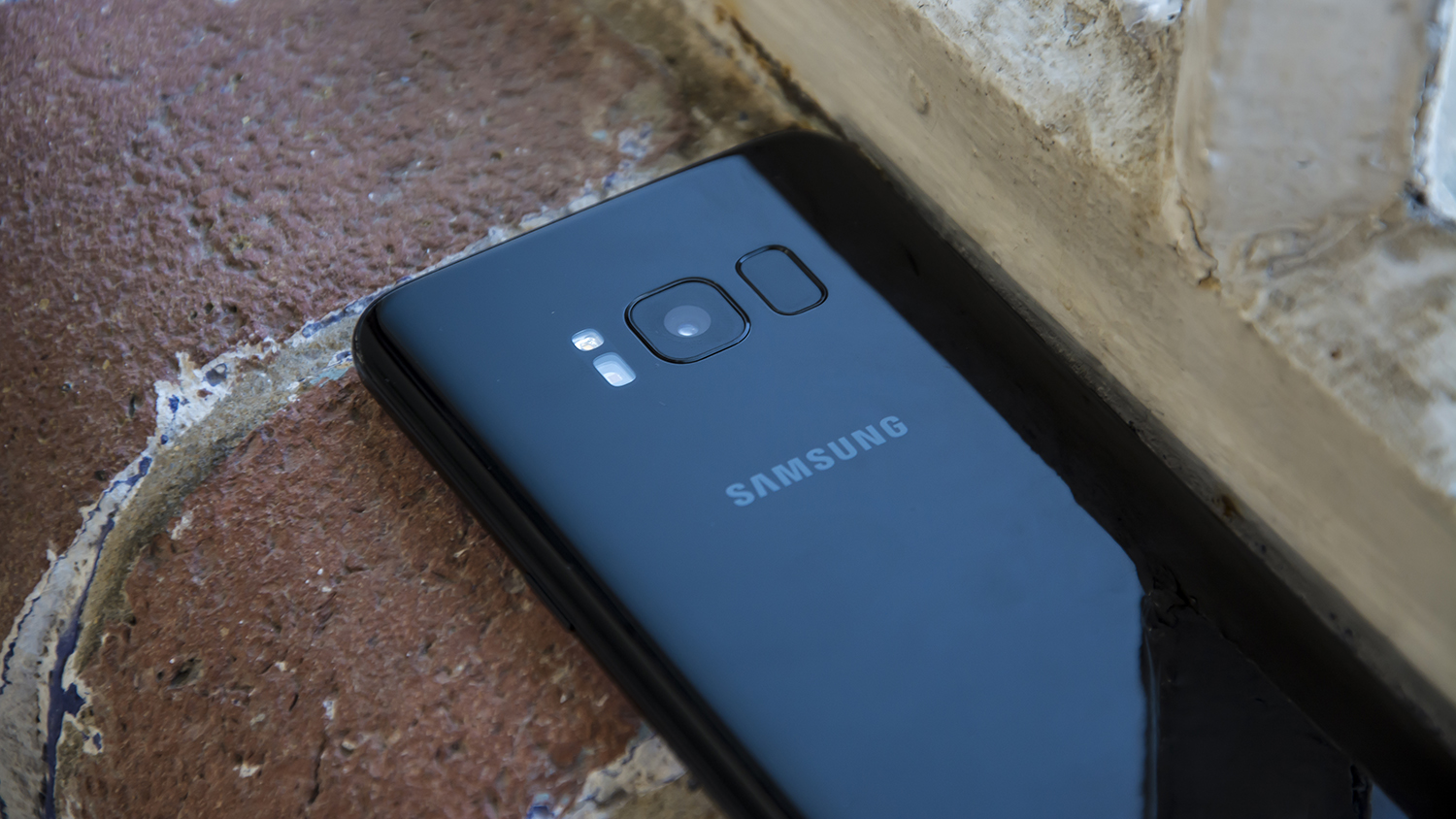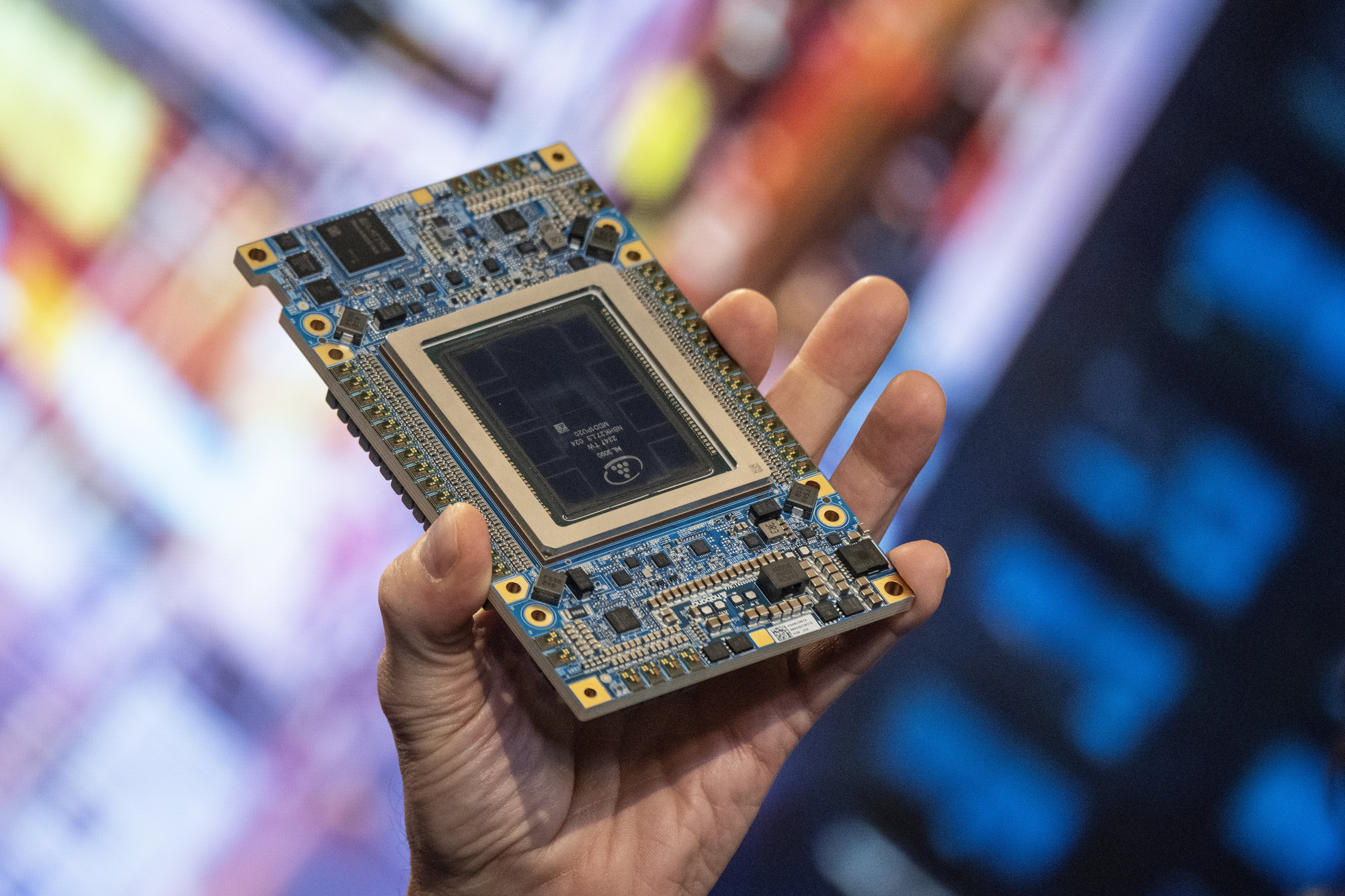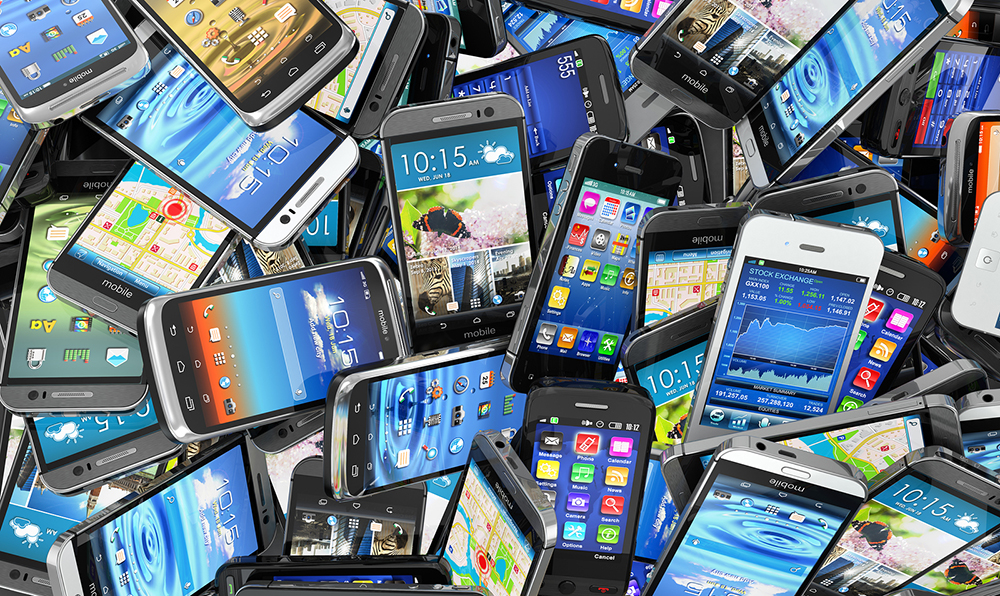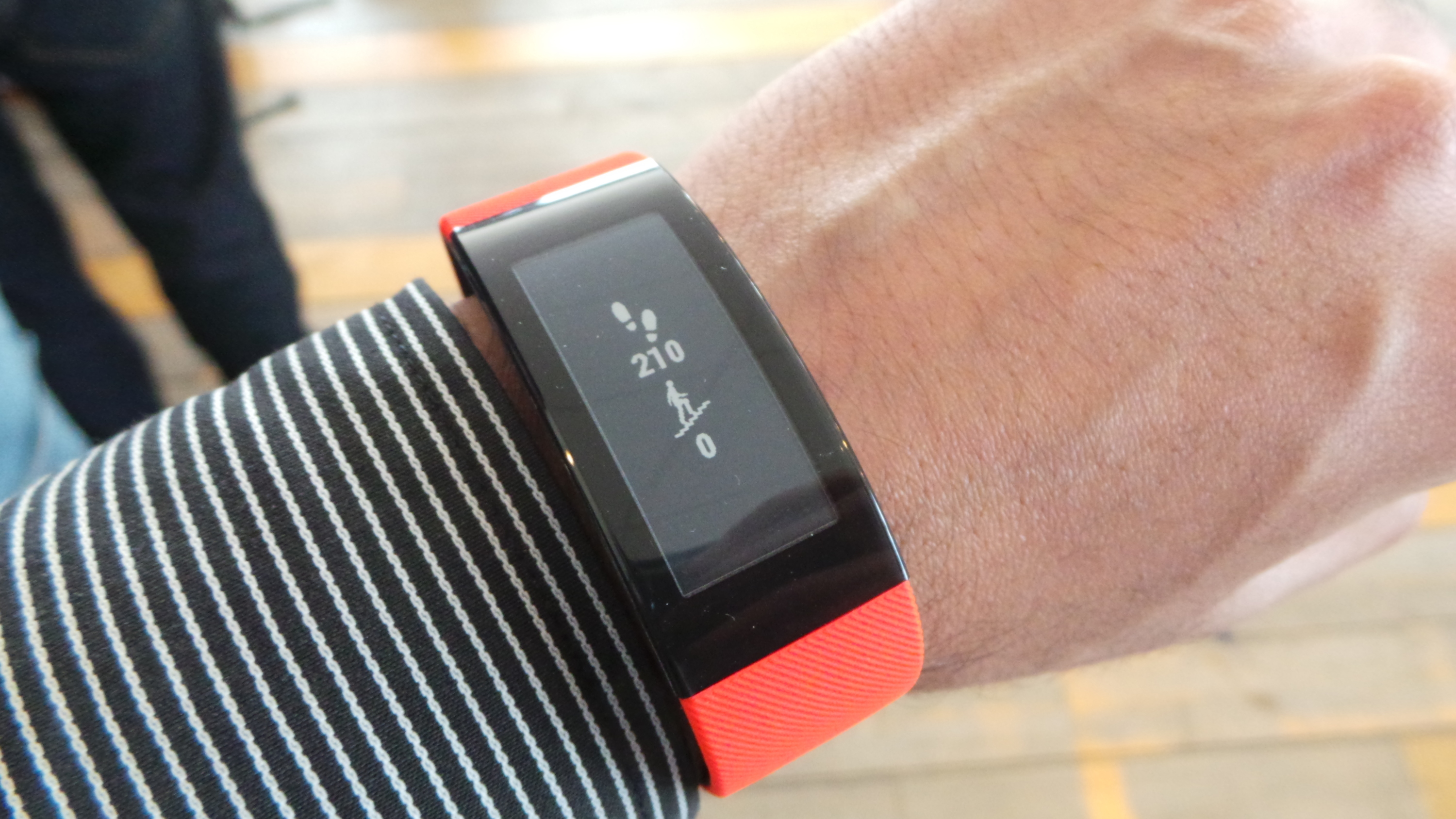Hardware shortages could plague 2017 smartphone sales
Gartner: Samsung is top of the smartphone pile, while Apple sees a decline

Samsung saw increasing demand for 4G smartphones in the three months to June, but supply shortages of some critical components are likely to drive premium smartphone sales down later this year, according to research by Gartner.
Global smartphone sales rose to more than 366 million units in Q2 of 2017, a 6.7% increase over the same quarter in 2016. The rise helped some mobile phone makers to bolster their market shares, including leader Samsung, which now has 22.5% of the market.Its sales grew 7.5% year-on-year to sell 82.5 million handsets following three consecutive quarterly declines due tofallout from the Note 7.
However, while sales of all types of smartphone were up during the year, growing concerns about the rising cost of components and supply shortages for some critical hardware pointed to a fall in growth during the second half of 2017.
"We expect a shortage of flash memory and OLED displays will affect premium smartphone supply in the second half of 2017," said Anshul Gupta, research director at Gartner.
He pointed to brands such as Huawei, which has already suffered from a shortage in flash memory for its mobile range, and traditional brands such as HTC, LG and Sony that are "stuck between aggressive Chinese brands and the dominating market shares of Samsung and Apple".
Apple is not immune to supply issues, particularly when it comes to sourcing OLED screens for its upcoming iPhone 8. The world's most valuable brand has been reliant on Samsung for premium display technology, but the South Korean tech giant has been unable to produce enough for both brands, according to various reports.
The tech giant saw sales stagnate, dropping 0.2% year over year to sell 44.3 million handsets. However it has yet to benefit from the significant sales spike that the iPhone 8 will bring in the last quarter of 2017. Sales are also likely to be bolstered by the release of iOS 11, which promises to bring augmented reality, improved Siri support and machine learning to Apple devices.
Sign up today and you will receive a free copy of our Future Focus 2025 report - the leading guidance on AI, cybersecurity and other IT challenges as per 700+ senior executives
"Apple's sales in emerging markets are expected to grow as older-generation iPhones continue to attract buyers," said Gupta. "The new iOS 11, which will include augmented reality, machine learning, an improved Siri and a new display design, will likely fuel strong iPhone sales in the fourth quarter of 2017, and help Apple increase its sales in 2017."
Picture: IT Pro
Dale Walker is a contributor specializing in cybersecurity, data protection, and IT regulations. He was the former managing editor at ITPro, as well as its sibling sites CloudPro and ChannelPro. He spent a number of years reporting for ITPro from numerous domestic and international events, including IBM, Red Hat, Google, and has been a regular reporter for Microsoft's various yearly showcases, including Ignite.
-
 Global PC shipments surge in Q3 2025, fueled by AI and Windows 10 refresh cycles
Global PC shipments surge in Q3 2025, fueled by AI and Windows 10 refresh cyclesNews The scramble ahead of the Windows 10 end of life date prompted a spike in sales
-
 AI PCs are set to surge in popularity in 2024, but vendors might find it hard to differentiate offerings
AI PCs are set to surge in popularity in 2024, but vendors might find it hard to differentiate offeringsNews AI PCs are moving beyond the hype stage as analysts forecast significant signs of growth in this rapidly emerging market
-
 The AI PC is coming: Here’s what you need to know
The AI PC is coming: Here’s what you need to knowAnalysis Analysts believe a new wave of AI PC’s will spur increased tech spending in 2024
-
 Waning hardware demand to wipe nearly $70bn from chipmaker revenues
Waning hardware demand to wipe nearly $70bn from chipmaker revenuesNews The semiconductor market is feeling the impact of decreasing business hardware demand
-
 Global PC shipments decline for fifth year running, says Gartner
Global PC shipments decline for fifth year running, says GartnerNews Hardware market continues inexorable decline as consumers rely increasingly on smartphones
-
 Gartner: worldwide smartphone demand to slow in 2016
Gartner: worldwide smartphone demand to slow in 2016News Decreased interest from new markets and more durable handsets will lead to market slowdown
-
 Gartner & IDC disagree on PC market's Q4 performance
Gartner & IDC disagree on PC market's Q4 performanceNews While one analyst reports growth, the other posts a decline in PC sales, but Lenovo still rules the roost
-
 Wearable tech shipments set for 2015 dip in wake of smartwatch boom
Wearable tech shipments set for 2015 dip in wake of smartwatch boomNews Gartner predicts slight downturn in fitness tracker shipments, as smartwatches steal their thunder

